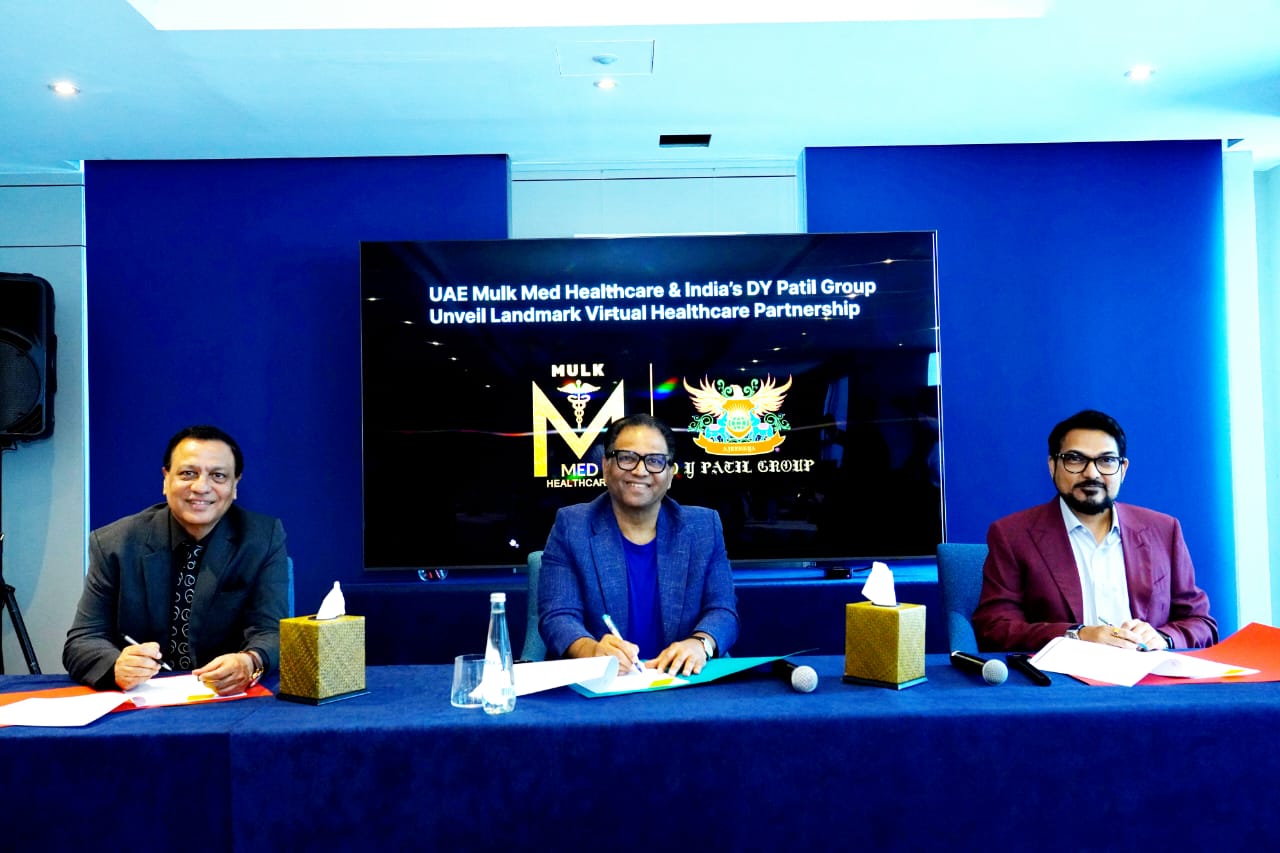Getting around Dubai could soon become much faster and easier. The city has confirmed that work on the Dubai Loop, an underground high-speed transport system developed by Elon Musk’s Boring Company, is set to begin soon, starting in some of Dubai’s busiest areas.
The announcement was made by Matar Al Tayer, Director General and Chairman of the Board of Executive Directors of the Roads and Transport Authority (RTA), at the World Government Summit.
The project aims to cut travel times, reduce traffic congestion, and make daily commutes smoother, especially in high-density districts.
So, what exactly is the Dubai Loop?
The Dubai Loop is a network of underground tunnels where electric vehicles will transport passengers directly from one station to another, without stopping in between. Think of it as skipping traffic lights, junctions and road congestion altogether.
Once completed, the system will span 24 kilometres and could move up to 20,000 passengers every hour, with plans to expand capacity even further in the future.
Where will it start?
The first phase of the project will launch in key areas that many residents already commute through daily:
- Dubai International Financial Centre (DIFC)
- Dubai Mall area
These locations were chosen because they see some of the heaviest traffic in the city, especially during peak hours.
When is it happening?
According to Dubai’s Roads and Transport Authority (RTA), construction on the first phase will start immediately once contracts are finalised.
- First phase: 6km (costing Dh600 million)
- Total project: 24km (Dh2.5 billion)
- Estimated completion: Around two years
How fast will it be?
Very fast. The vehicles inside the Dubai Loop could travel at speeds of up to 160km/h, meaning residents could move between major destinations in just minutes.
Why underground?
By going underground, Dubai avoids:
- Road closures and surface disruption
- Weather-related delays
- Expensive road expansion projects
The tunnelling technology used is also cheaper and faster than traditional road construction, helping the city deliver infrastructure efficiently.
How will this help residents?
For people living and working in Dubai, the Dubai Loop could mean:
- Shorter commutes in congested areas
- Less time stuck in traffic
- Better connections between business districts, malls and transport hubs
- A smoother “first and last mile” journey to metro stations
The system is expected to serve around 13,000 passengers daily in its early stages, with numbers growing as the network expands.
Has this worked elsewhere?
Yes. A similar underground transport system already operates in Las Vegas, where it has carried more than 2 million passengers since 2021. Dubai’s version will build on that experience, adapted for local needs.
What’s next?
Dubai Loop is part of the emirate’s broader push towards smart, sustainable transport. If successful, the network could expand to more areas of the city, helping residents get from A to B faster, without adding more cars to the roads.
For Dubai residents, this could mark the beginning of a new era of stress-free commuting beneath the city streets.


























